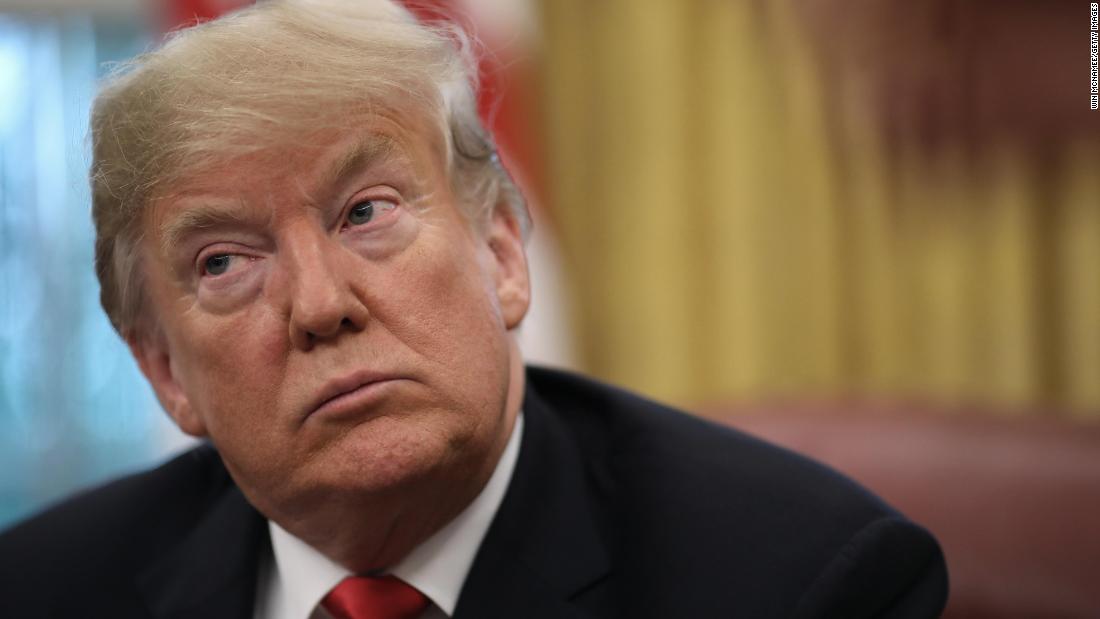Crypto Bill Sparks Uproar Over Trump Ties and Regulatory Conflicts
06.06.2025 10:00 1 min. read Alexander Stefanov
A recent congressional hearing meant to advance digital asset regulation instead erupted into political controversy, as lawmakers questioned whether former President Donald Trump could personally benefit from the proposed CLARITY Act.
What began as a discussion around the structure of crypto markets quickly spiraled when Rep. Maxine Waters accused Trump of having undisclosed business ties to the industry—particularly through entities like World Liberty Financial, a crypto platform allegedly linked to his inner circle.
She claimed the bill could pave the way for Trump to leverage regulation for private gain, potentially placing taxpayer dollars “in his digital wallet.”
Amid these concerns, Democratic members called for a formal inquiry into Trump’s financial connections to crypto ventures.
Former CFTC Chair Timothy Massad supported the push, warning that any regulatory framework lacking transparency around political entanglements would damage the sector’s credibility.
Waters also raised alarms about national security risks, criticizing the bill for failing to address fraud and protect retail investors. Despite strong pushback, the CLARITY Act is expected to move toward a committee markup by June 10.
While another bill—the GENIUS Act, targeting stablecoin oversight—has already passed, this latest debate suggests crypto regulation may now be shaped as much by politics as by policy.
-
1
House Clears Path for Landmark Crypto Bills: Vote Set for Thursday
17.07.2025 9:15 2 min. read -
2
Australia Tests CBDCs in 24 Separate Real-World Finance Use Cases
10.07.2025 19:00 2 min. read -
3
U.S. House Passes Sweeping Clarity and GENIUS Acts
17.07.2025 23:29 1 min. read -
4
Senate Confirms Crypto-Linked Nominee Jonathan Gould to Head OCC
11.07.2025 9:00 2 min. read -
5
U.S. Regulators Define Crypto Custody Rules for Banks
15.07.2025 9:00 1 min. read
Nigeria Signals Greenlight for Stablecoin Innovation Under New Regulatory Vision
Nigeria is taking a decisive step toward embracing stablecoin adoption, as the country’s Securities and Exchange Commission (SEC) outlined its readiness to support digital currency innovation—under clear regulatory conditions.
South Korea Urges Asset Managers to Limit Exposure to Crypto Stock Like Coinbase,MicroStrategy
South Korea’s top financial watchdog has issued informal guidance urging local asset managers to scale back their investments in crypto-related stocks, according to a Korean Herald report.
SEC Reverses Bitwise ETF Approval Just Hours After Greenlight
In a surprising move on Tuesday, the U.S. Securities and Exchange Commission (SEC) initially approved Bitwise’s proposal to convert its cryptocurrency index fund into a full-fledged exchange-traded fund (ETF)—only to halt the decision just hours later.
Senate Republicans Unveil Crypto Market Bill to Expand CLARITY Act
Senators Tim Scott, Cynthia Lummis, Bill Hagerty, and Bernie Moreno (R-OH) have released a discussion draft of a new digital asset market structure bill—framed as the Senate counterpart to the CLARITY Act.
-
1
House Clears Path for Landmark Crypto Bills: Vote Set for Thursday
17.07.2025 9:15 2 min. read -
2
Australia Tests CBDCs in 24 Separate Real-World Finance Use Cases
10.07.2025 19:00 2 min. read -
3
U.S. House Passes Sweeping Clarity and GENIUS Acts
17.07.2025 23:29 1 min. read -
4
Senate Confirms Crypto-Linked Nominee Jonathan Gould to Head OCC
11.07.2025 9:00 2 min. read -
5
U.S. Regulators Define Crypto Custody Rules for Banks
15.07.2025 9:00 1 min. read


